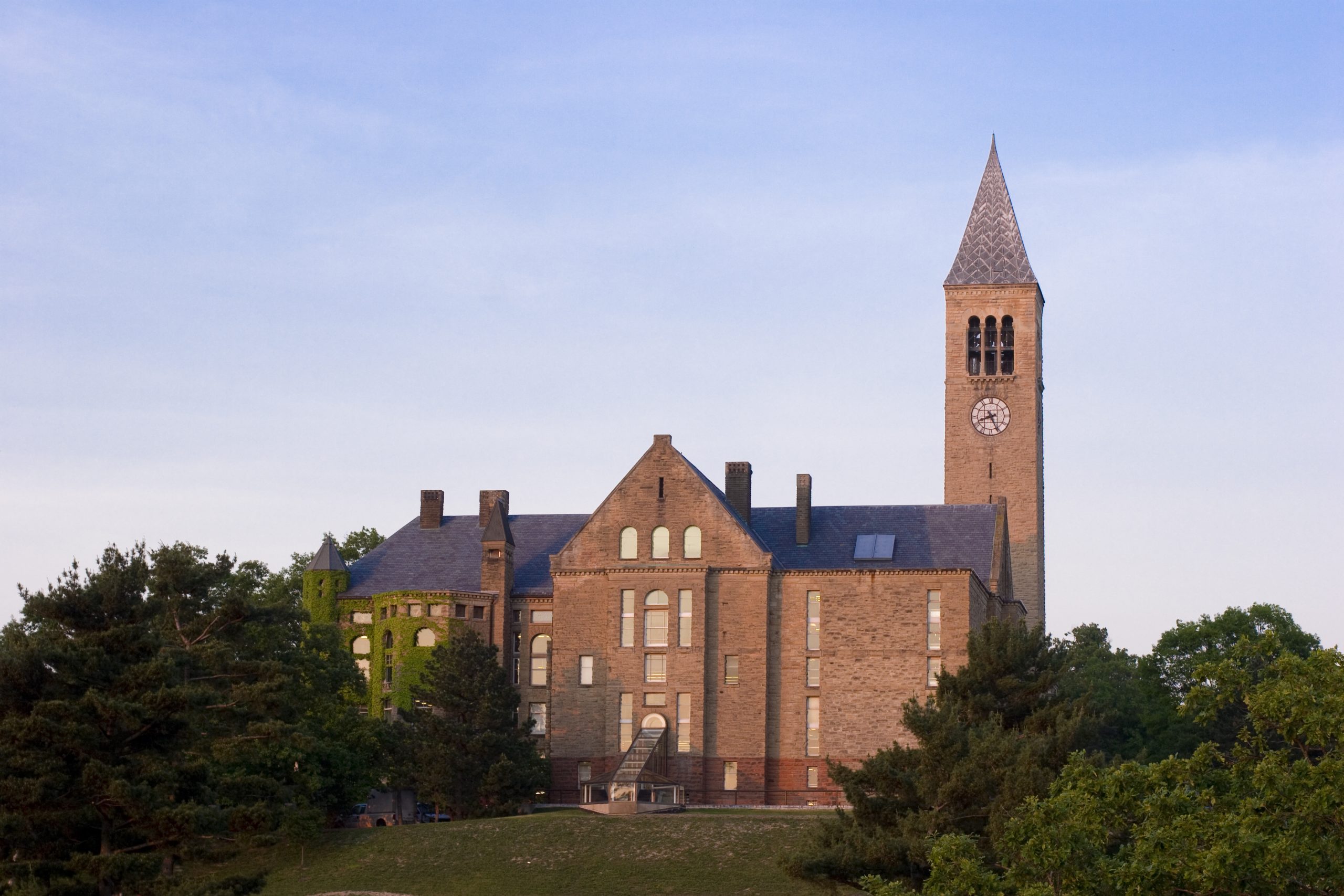Cornell University’s Faculty Senate recently considered a slate of anti-racism proposals developed in response to President Martha Pollack’s charge to the faculty.
After wide-ranging discussion and deliberation, the Faculty Senate approved a new academic center for the study and teaching of matters concerning racial justice by a large margin (101-12 with 13 senators abstaining or not voting). But resolutions to “creat[e] a university-wide [anti-racism] requirement for all students” and to establish a mandatory “faculty education requirement” failed to attract majority support.
These radical proposals imperiled intellectual diversity and academic freedom.
In an article published in Forbes, “How Will Cornell Balance Academic Freedom And Anti-Racism?,” ACTA President Michael Poliakoff commends Cornell’s careful and reasoned approach.
Colleges throughout the nation need good models, particularly for process, and Cornell’s Faculty Senate seems to be providing one. . . . It is often difficult in a time of crisis and pain to hold fast to the principles of academic freedom and institutional neutrality that have characterized American higher education, albeit with some failures. These are the values articulated in the University of Chicago’s Kalven Committee report of 1967 and Yale University’s C. Vann Woodward Committee report, and they are urgently relevant today. The prudent circumspection of Cornell’s Faculty Senate, however, has laid a foundation for its academic departments to approach issues of social justice in the time-honored manner of American higher education—and of a free society: discussion, debate, and open-minded inquiry.
President Pollack acknowledged that the Faculty Senate votes provide no clear mandate for compulsory, university-wide anti-racism education programs in a June 1 letter. “The next logical step,” she continued, “is to ask each college and school to. . . determine how best to be responsive to the . . . aims outlined in the resolution, with a goal of having these programs in place by the fall of 2022.”
As Cornell University continues to consider its approach to diversity and equity issues, ACTA encourages Cornell alumni to stay apprised of new developments and to share their thoughts with fellow alumni as well as university leaders. You can help protect academic freedom at your alma mater. When alumni speak, the university president and its governing board listen.
Click here to read President Poliakoff’s previous essay on the subject in Newsweek. We also encourage you to read recent commentary about ongoing deliberations and how the initiatives will shape Cornell’s future at RealClearPolitics and Legal Insurrection.
To learn more about ACTA’s ongoing work to promote academic freedom in higher education, please consider subscribing to our eNewsletter and Inside Academe, our quarterly print newsletter.
